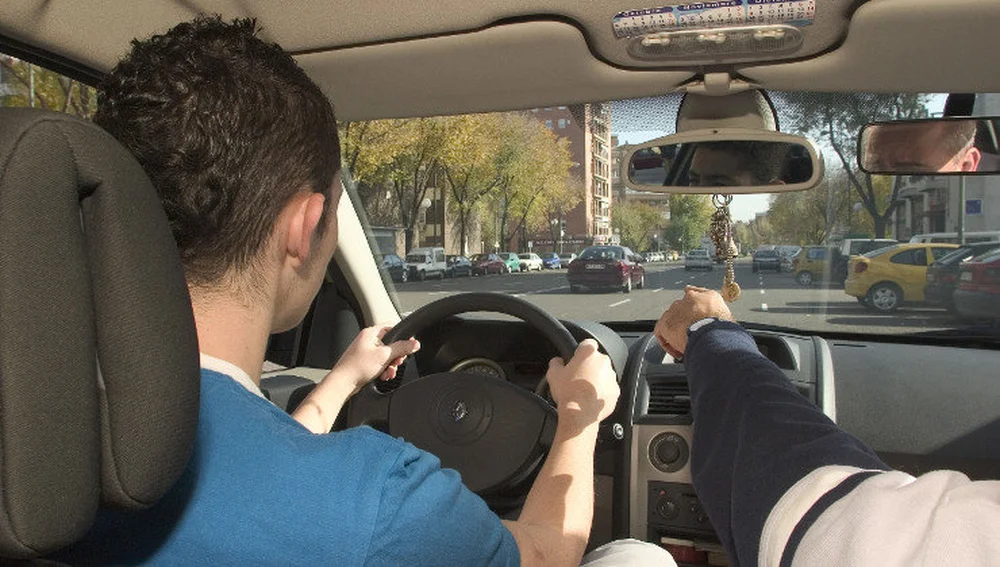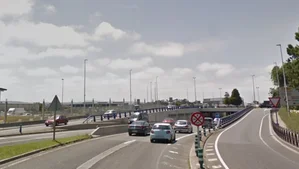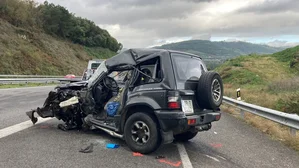Learning to Drive Without a Driving School: A Potential New Reality in Spain

In a significant shift that could revolutionize the way people learn to drive in Spain, the Comisión Nacional de los Mercados y la Competencia (CNMC) has proposed a series of measures to allow individuals to learn how to drive accompanied by a non-professional tutor. This proposal, which has been under consideration since early January 2025, aims to make the process of obtaining a driver's license more accessible, affordable, and flexible.
The Current System and Its Challenges
Currently, learning to drive in Spain is predominantly done through authorized driving schools, which can be costly and time-consuming. Many students face the challenge of having to take numerous classes before being deemed ready to take the driving exam. The subjective nature of these exams and the lack of transparency in approval rates have been points of contention for many aspiring drivers.
The CNMC's Proposal
The CNMC's proposal suggests that individuals could practice driving under the supervision of a non-professional tutor, such as a parent or another qualified driver. This tutor would need to meet specific criteria, including having a valid driver's license type B for at least five years and not having committed any serious traffic offenses.
This model is already in place in several European countries, including France, Germany, and the UK, where it has been shown to be effective in reducing costs and increasing the variety of training options available to students. For instance, in France, students can practice driving with a tutor after passing the theoretical exam and completing a minimum of 20 hours of practice.
Benefits and Potential Impact
The proposed changes are expected to benefit particularly the younger population, who are the majority of driver's license applicants and often have lower incomes. By allowing practice with a non-professional tutor, the cost of learning to drive could be significantly reduced. Additionally, this approach could lead to better preparation for driving exams, potentially increasing pass rates and reducing congestion at exam centers.
Opposition from Driving Schools
Despite the potential benefits, the proposal has met with resistance from the Confederación Nacional de Autoescuelas (CNAE), which argues that professional driving instructors are essential for ensuring the safety of both the learner and other road users. They contend that replacing professional instructors with unqualified tutors would exponentially increase road risks and compromise the goal of reducing road accidents.
Other Proposed Changes
The CNMC's recommendations go beyond just the introduction of non-professional tutors. They also suggest several other reforms aimed at improving the overall driving education system in Spain. These include:
- Reducing Barriers for Driving Schools: Eliminating the requirement for driving schools to have a physical location and simplifying the process for vehicles to be registered under the school's name.
- Simplifying Requirements for Instructors: Making it easier to become a driving instructor or director by streamlining the qualification process and improving professional training.
- Improving Exam Management: Enhancing transparency in the exam system, giving students more control over their exam schedules, and potentially assigning exams directly to students rather than through driving schools.
- Promoting Transparency and Competitive Balance: Publishing approval rates and allowing students to manage their paperwork directly with the Dirección General de Tráfico (DGT).
Government Consideration
The proposal is currently under review by the Spanish government, with the Minister of Interior, Fernando Grande-Marlaska, confirming that it is being studied and evaluated to make an informed decision.
As Spain considers this significant overhaul of its driving education system, it remains to be seen how these changes will be implemented and what impact they will have on road safety and the ease of obtaining a driver's license. For expats and locals alike, this could mark a substantial shift in how driving skills are acquired, making the process more accessible and potentially more effective.
Related Stories

Calls for Compliance on Disuasive Parking in Santander
Santander residents urge city council to implement promised disuasive parking to cut vehicle use and boost public transport.

New Parking Facility in the Heart of Santander: A Boost for Local Residents and Visitors
Santander launches a new 52-space parking facility in Calle Aurelio Díez Renedo, aiming to ease parking woes and boost local economy and tourism.

Spain's Public Transport Success: The Power of Affordable Fares
Spain's public transport sees a surge in usage thanks to affordable fares, setting a global example for boosting ridership and sustainability.

Requejada to Install Electric Vehicle Charging Point
Requejada announces a new electric vehicle charging point, marking a significant step towards sustainable transportation in Cantabria, Spain.

Tragic Road Accidents in Spain: Understanding the Risks and Causes
Exploring the dangers on Spain's roads: A study reveals the most hazardous motorways and the common causes behind accidents, urging expats and locals to stay vigilant.